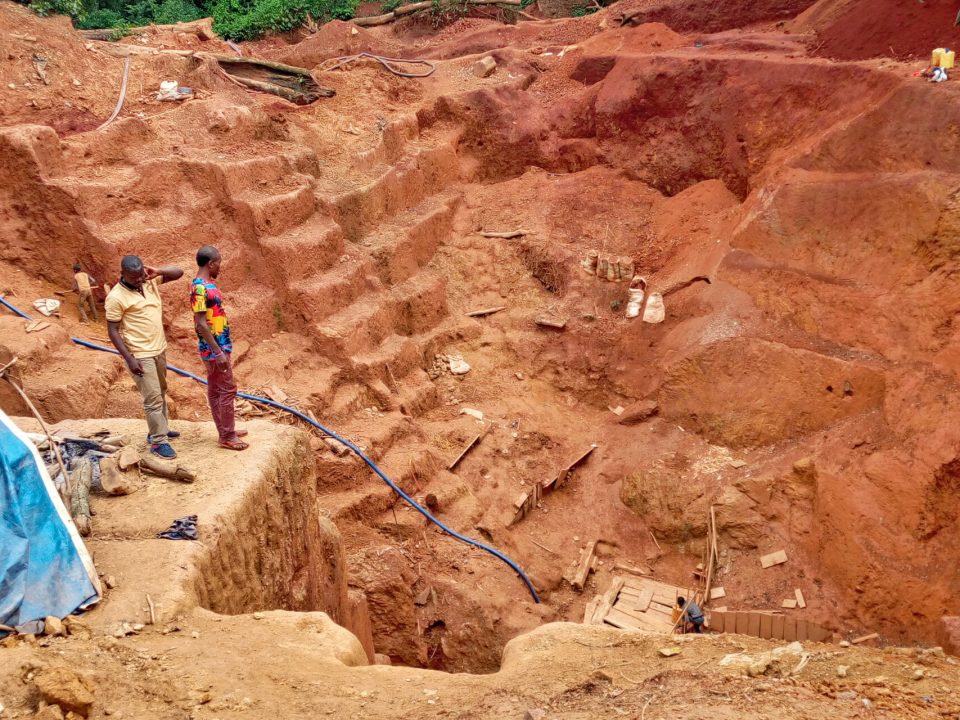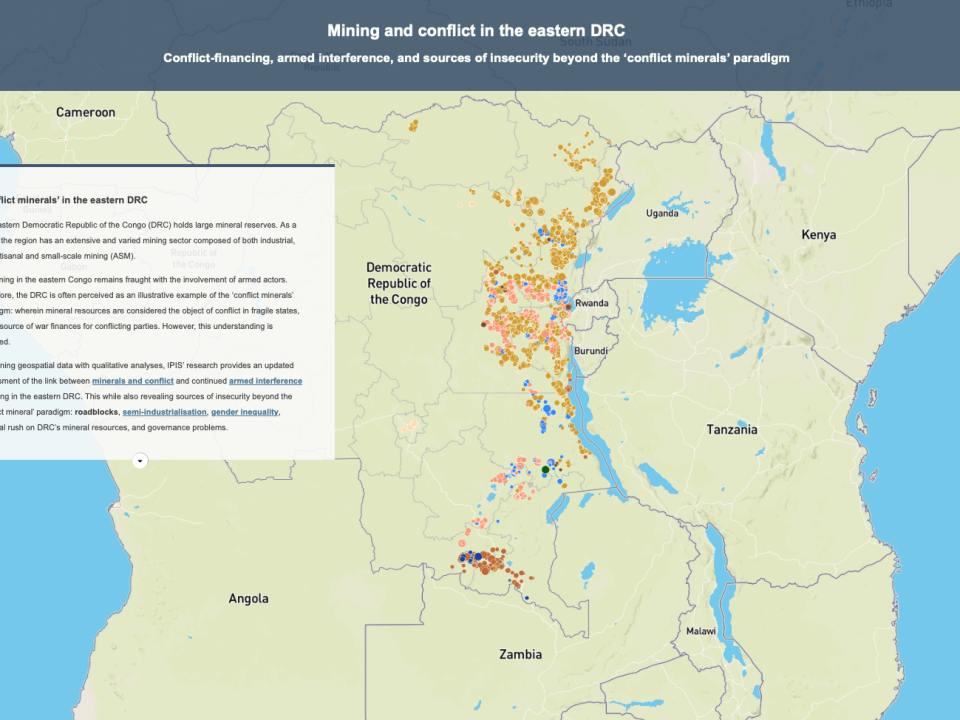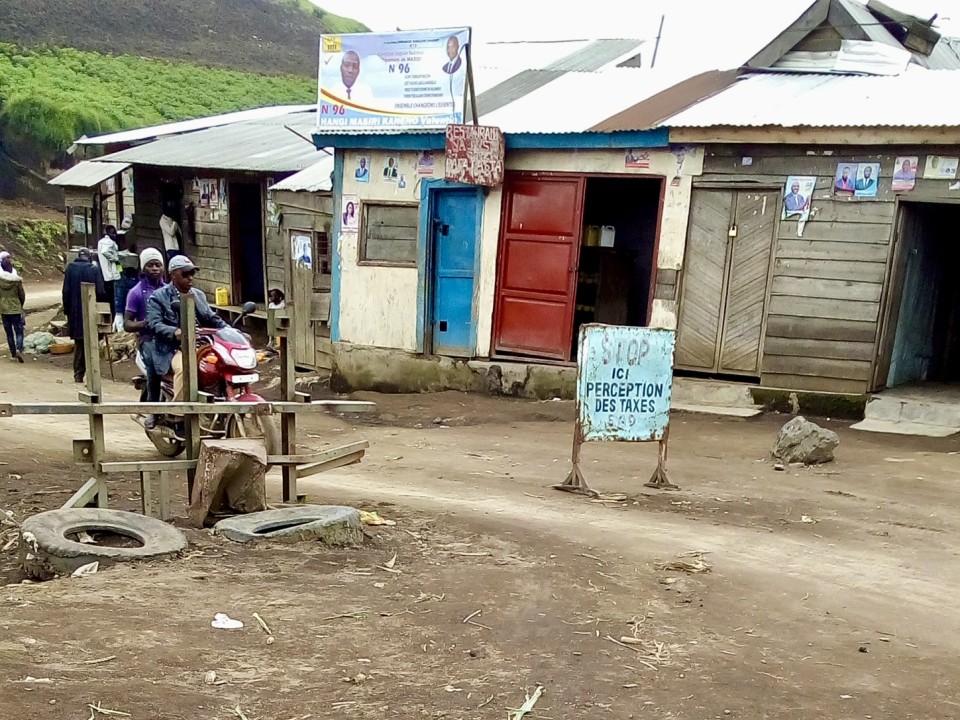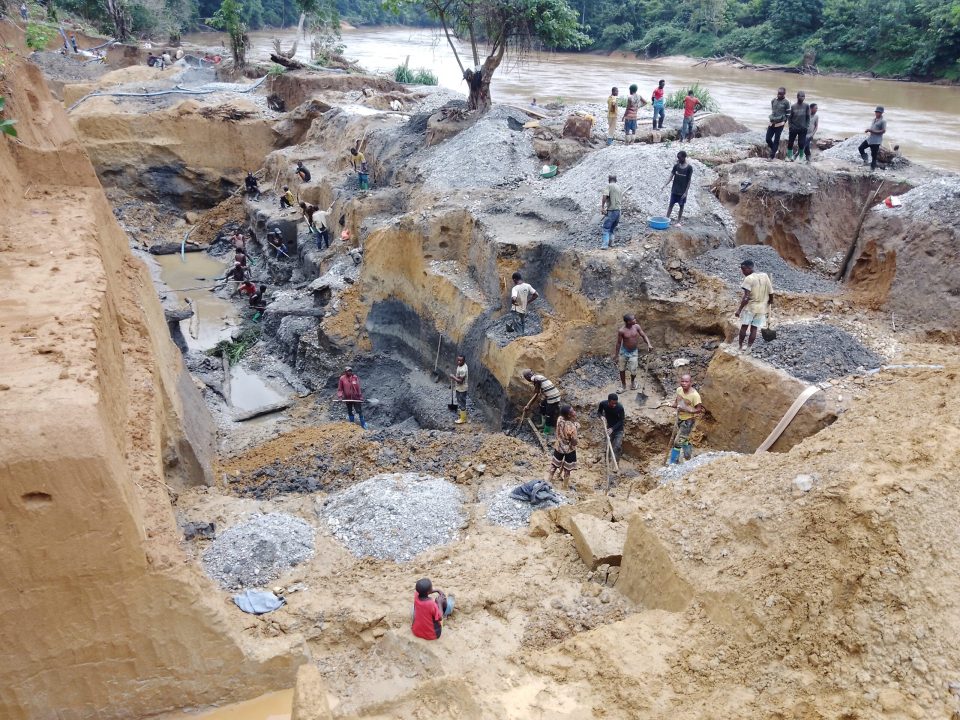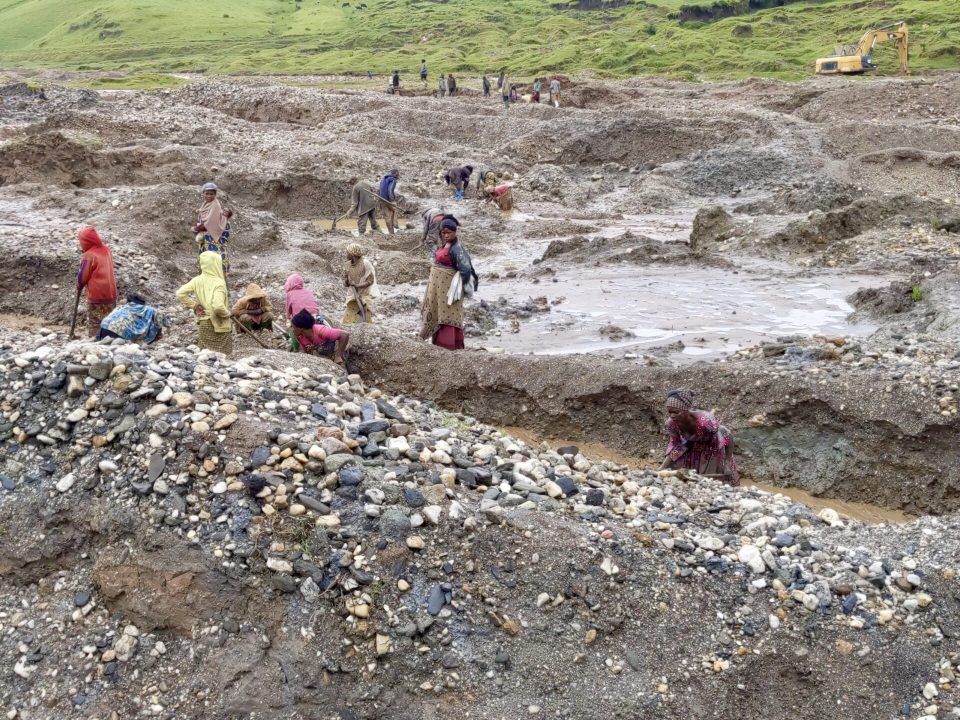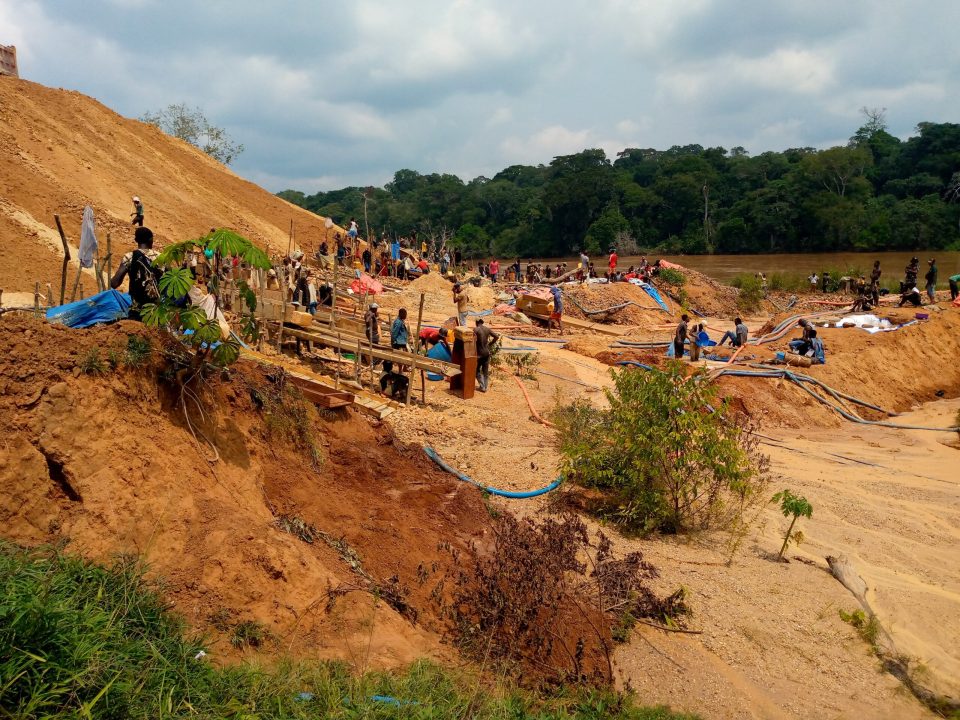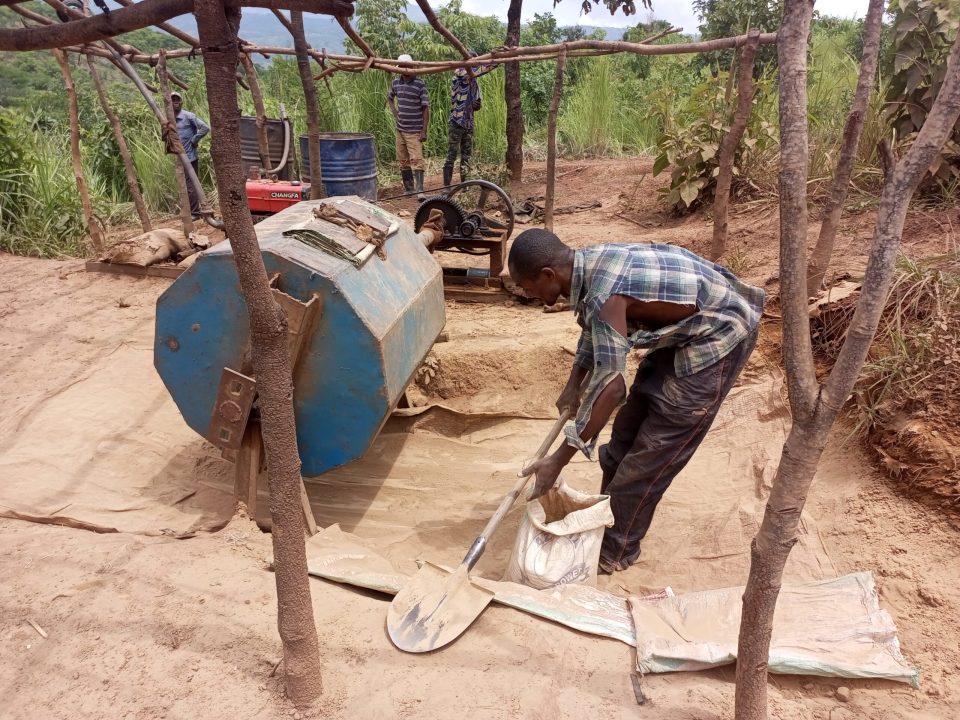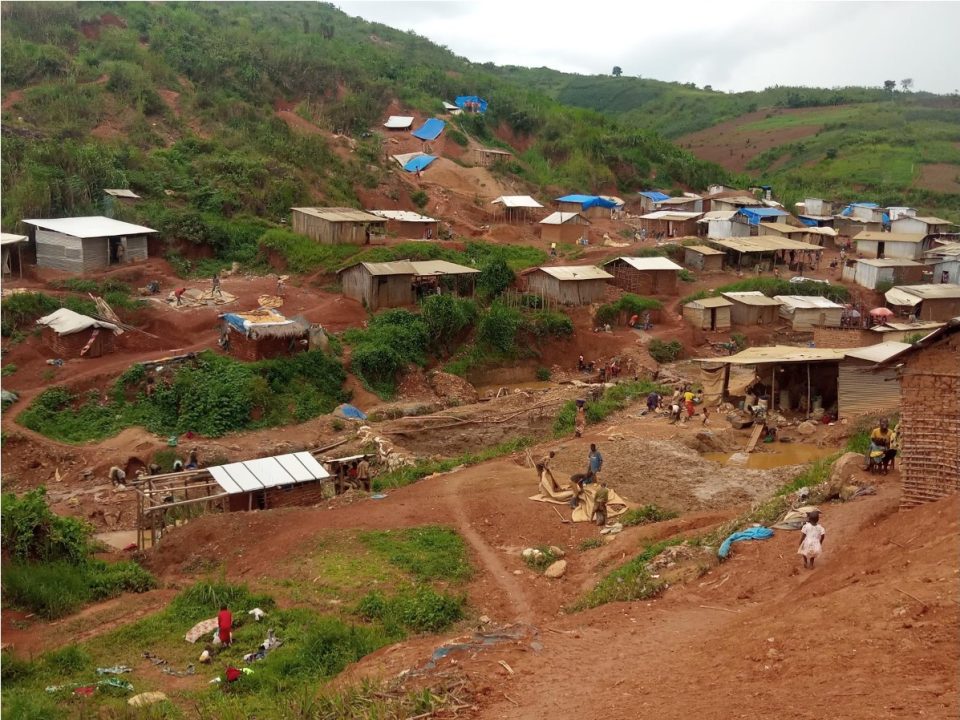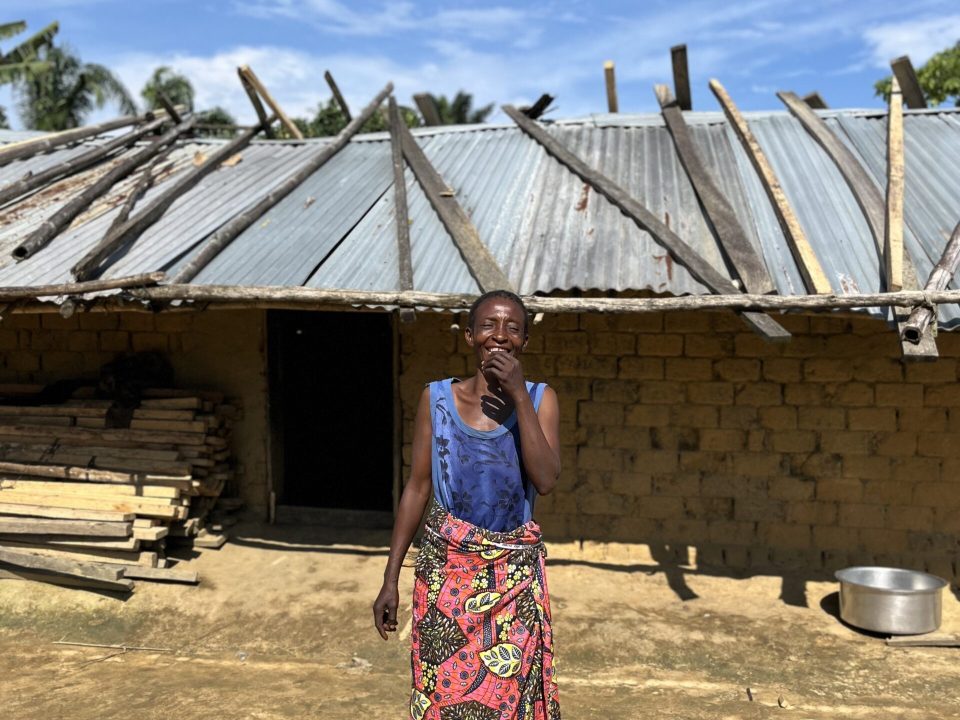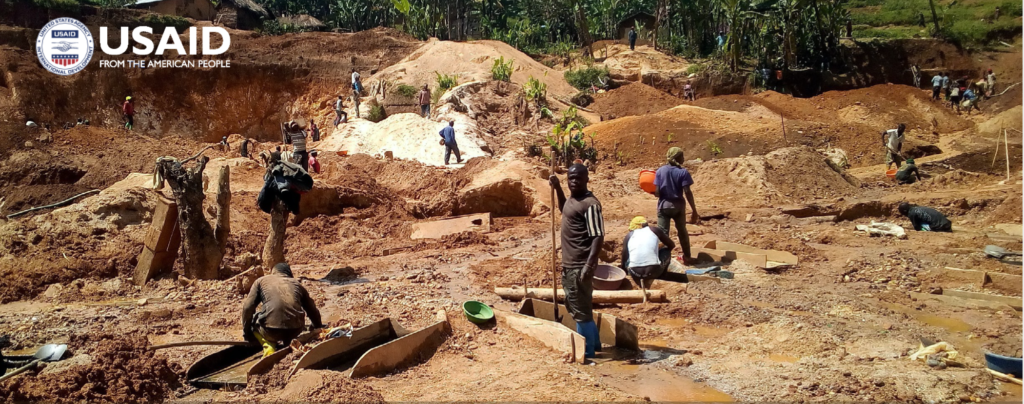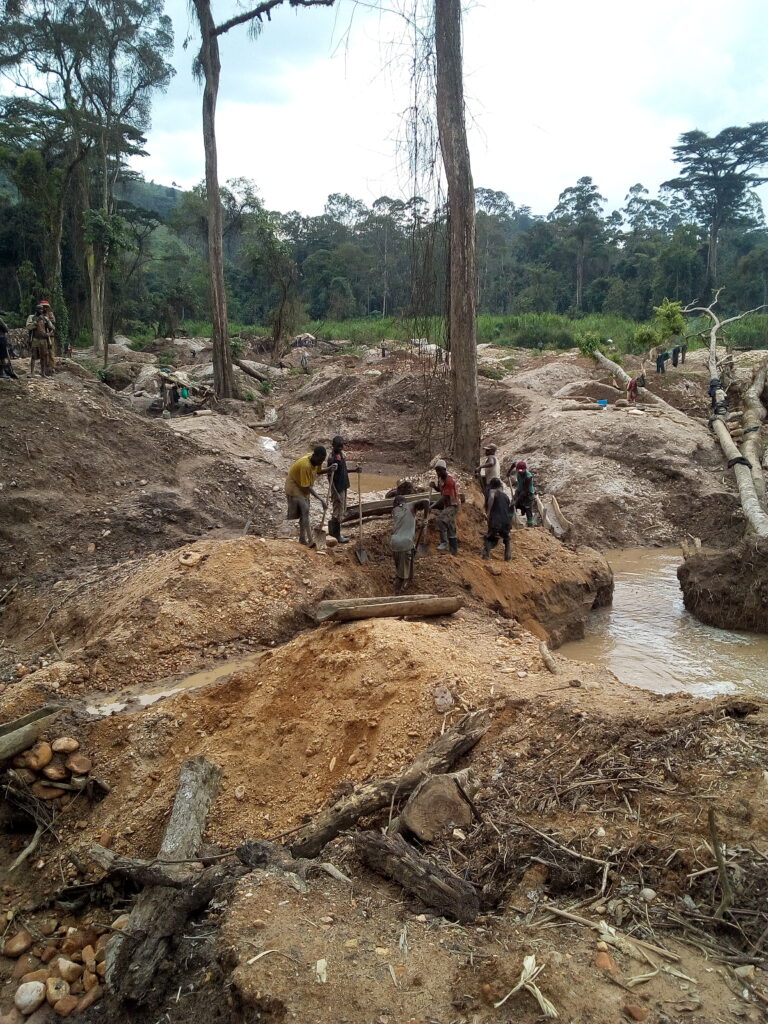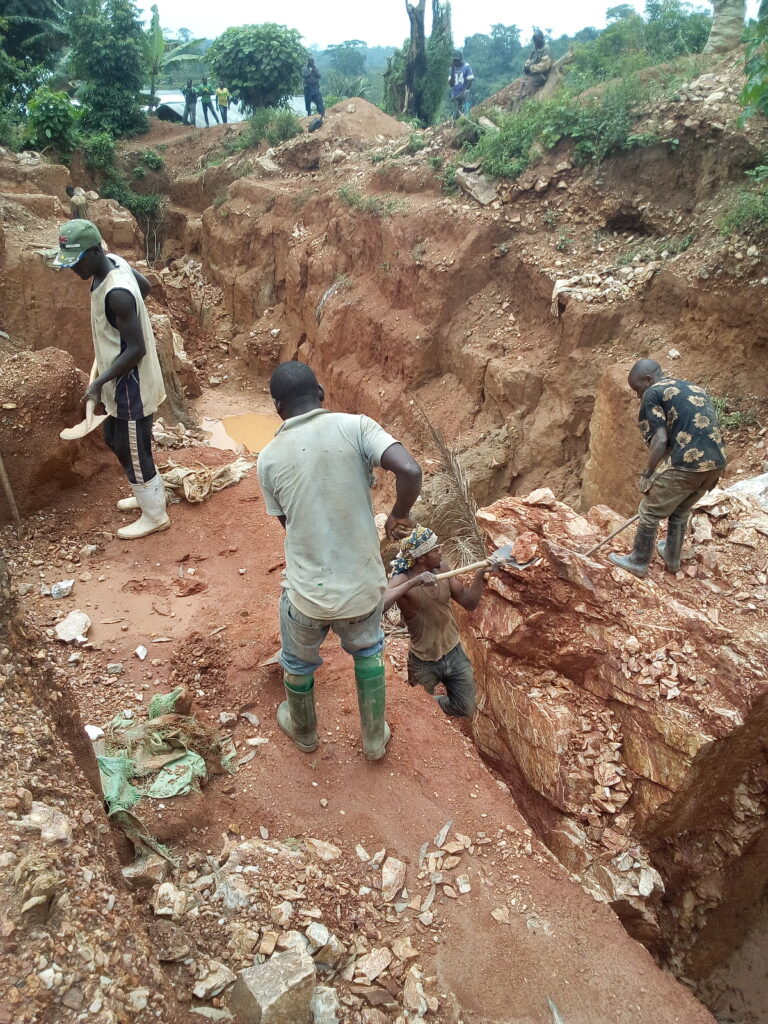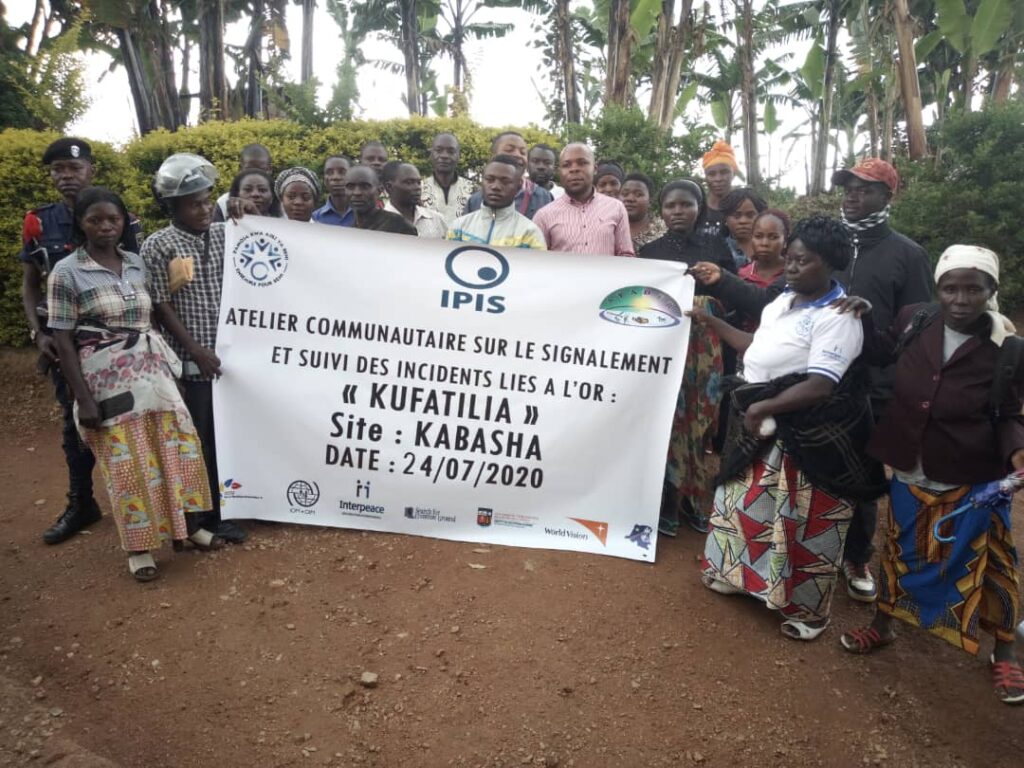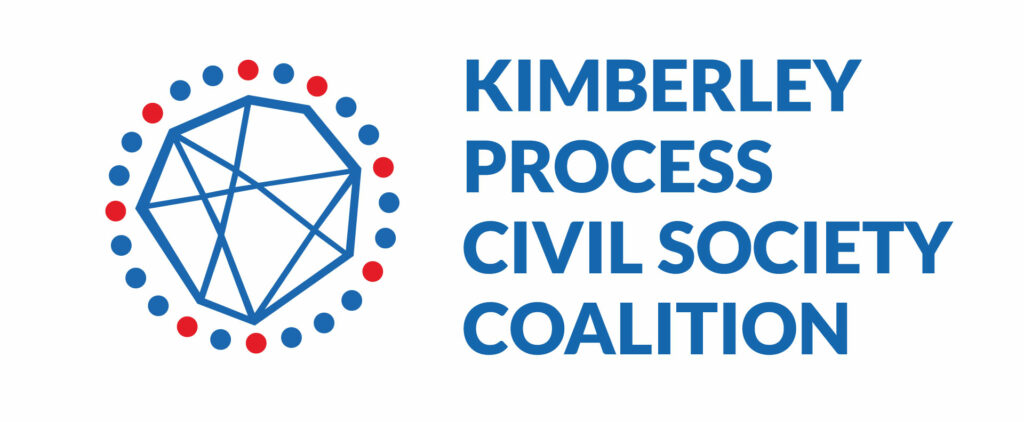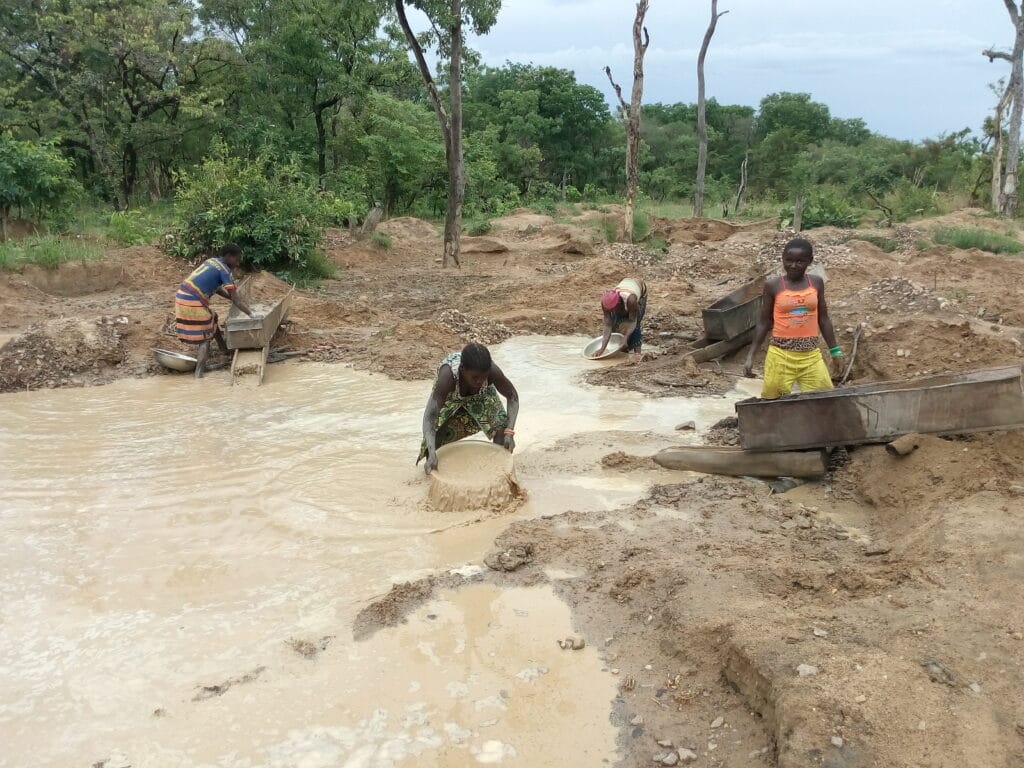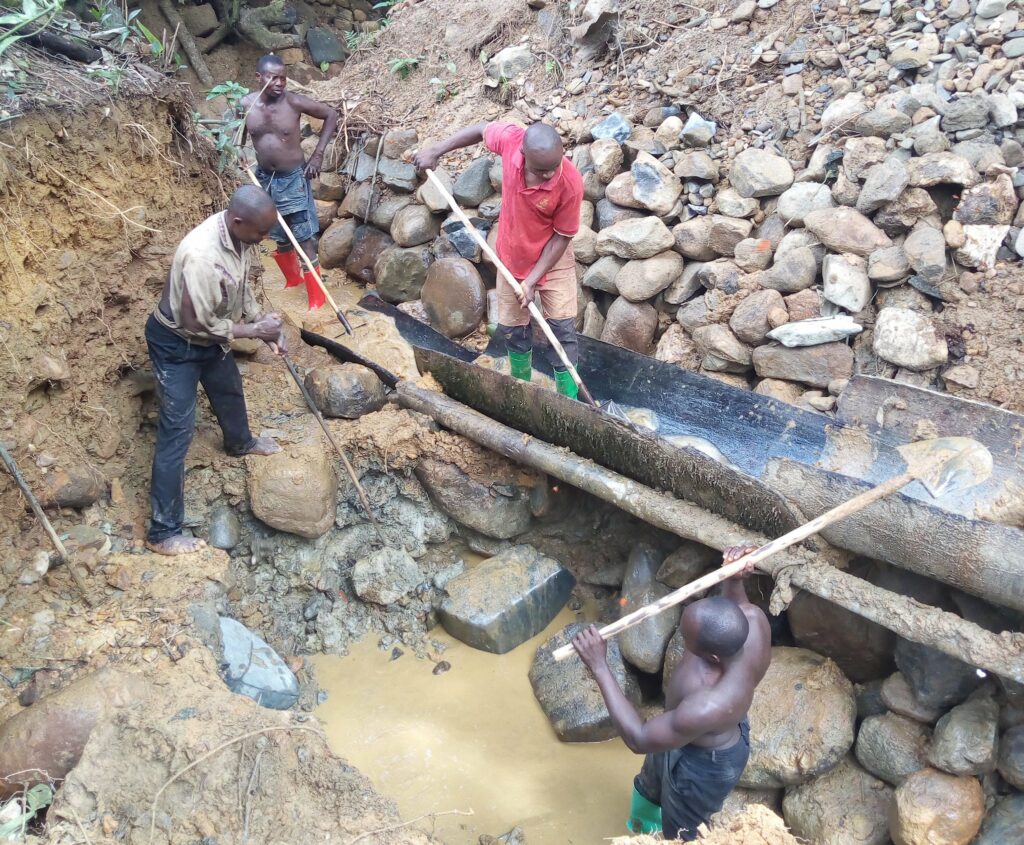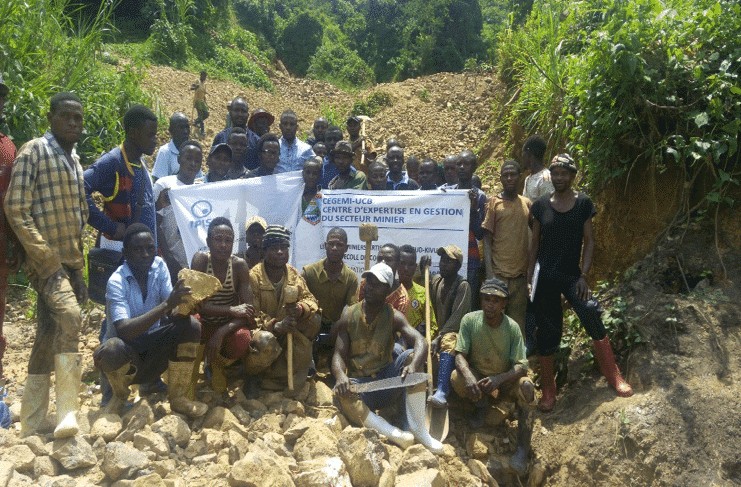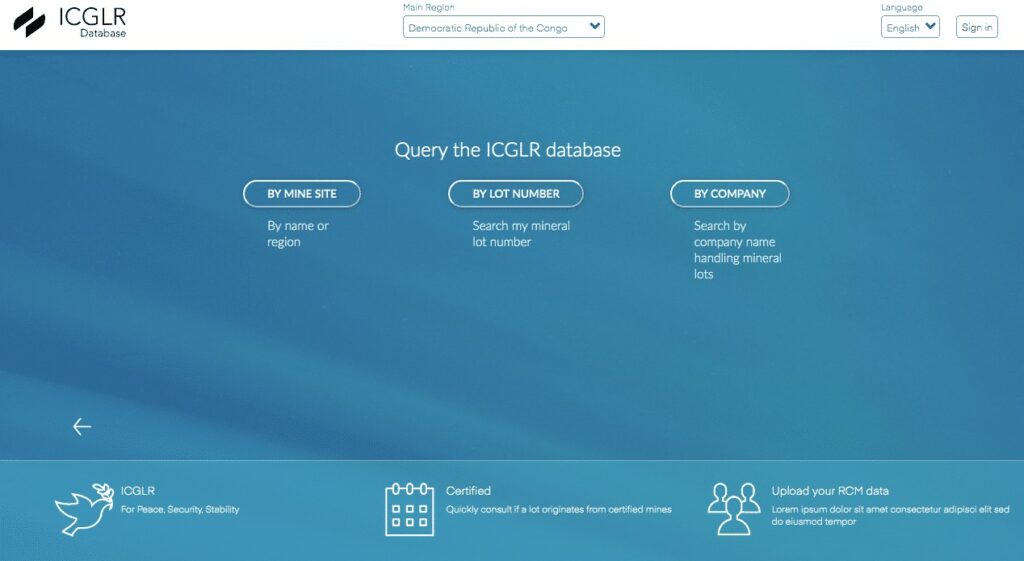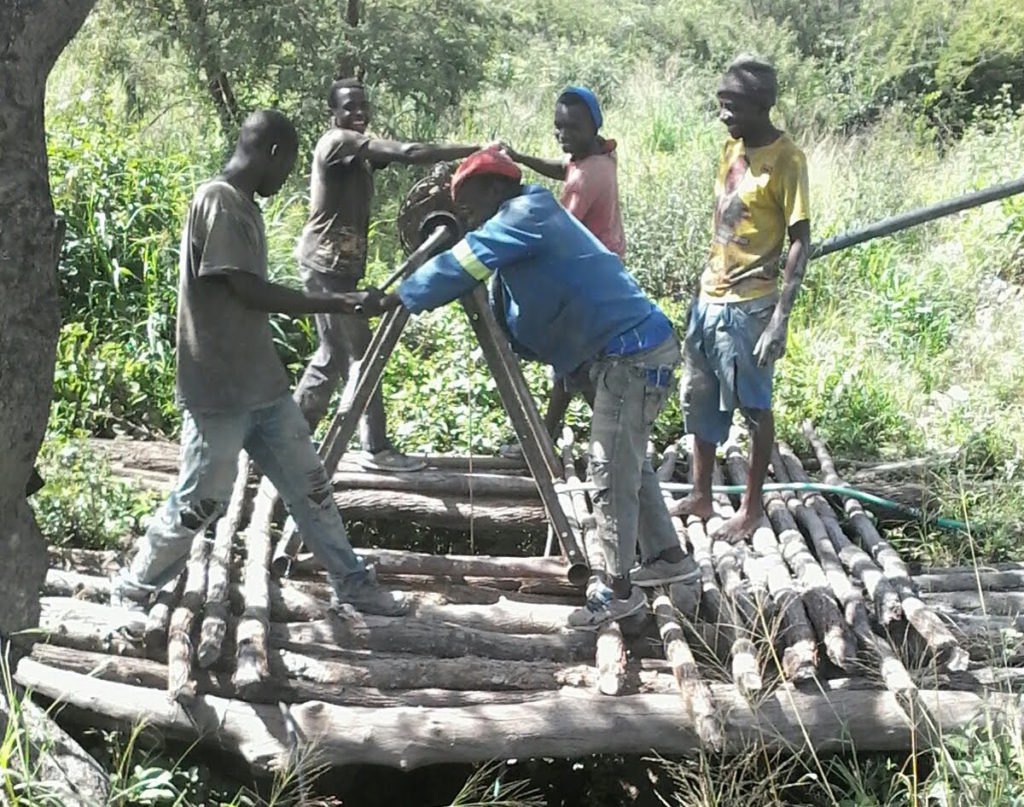Ressources naturelles
Le programme de recherche Ressources naturelles apporte une analyse approfondie sur l’exploitation de ces dernières et aborde des questions telles que la redistribution de la rente, la gouvernance des ressources naturelles, la corruption et le financement des conflits.
Through field research in African countries south of the Sahara, we look into problems caused by competition over natural resources and try to find solutions to inform decision-making by governments, companies, and practitioners in conflict prevention, peacebuilding, and development. Natural resources are earth materials that humans use to support life and meet their needs. Oil, coal, natural gas, minerals, stone, and sand are natural resources, as are air, sunlight, soil, and water. Unfortunately, they are often at the heart of armed or structural violence. The latter term refers to the root causes of conflict, such as poverty, socio-economic injustice, and discrimination against minorities, which in many cases are related to an unfair distribution of benefits from natural resources.
In armed conflict, revenues from natural resources can fund warring parties. Gaining control over resource value chains can also be a major motive to spark and perpetuate war. In such contexts, we analyze war economies and try to find out whether resource revenues provide a financial basis to perpetuate violence. For instance, revenues from minerals tainted by conflict at times enter global supply chains causing consumers worldwide to, unknowingly, finance gross human rights violations. Such violations, however, do not necessarily occur in the context of large-scale conflicts. Foreign investors in natural resource exploitation, for example, can become guilty of grave abuses through the misconduct of armed security contractors on their payroll.
When conflicts formally end, peacebuilding and conflict prevention (should) begin. Unfortunately, this seldom leads to structural solutions that address persisting inequalities in the distribution of benefits from Africa’s natural resources. A prime example of costly but inefficient attempts to reduce the conflict potential of natural resources are international control regimes for minerals such as the Kimberley Process or human rights due diligence regulations for 3TG minerals. These international regulatory efforts may seem to offer guarantees to global consumers but, by overlooking the developmental role natural resources should play, they don’t tackle the root causes of conflict.
Much of the work under our natural resources program consists of gathering first-hand information, often in remote and conflict-affected places, to show that communities in African mining areas more often than not suffer the consequences of gross socio-economic injustice, which causes grievances that risk erupting into violence. At the core of our program lies the task we set ourselves to bring this message from the grassroots level to international policymakers.
Publications recents
Actualite
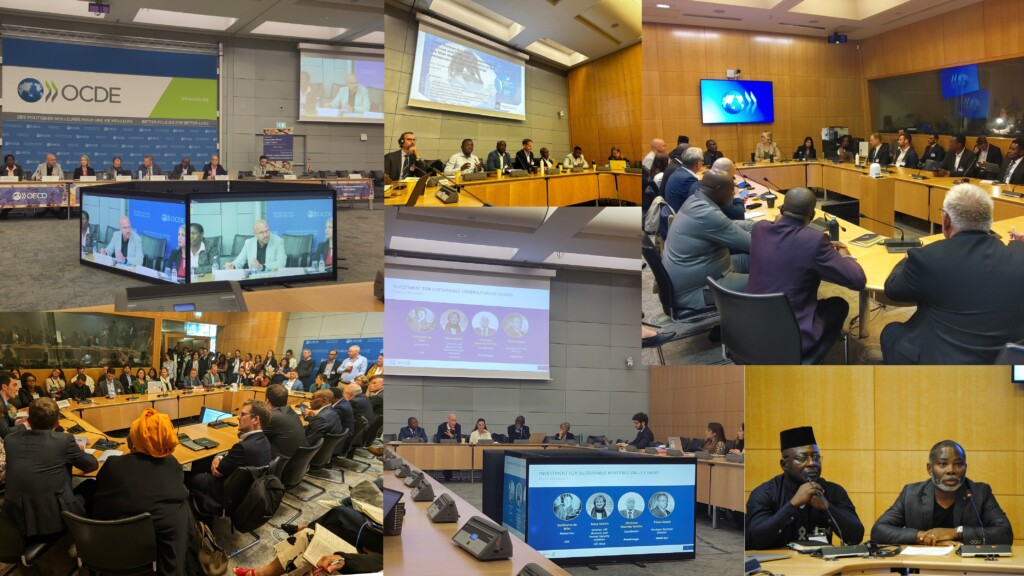
Highlights from the OECD Forum on Responsible Mineral Supply Chains
Last week, representatives of civil society, industry, and governments gathered at the 2024 OECD Forum on Responsible Mineral Supply Chains in Paris. Members of the IPIS team
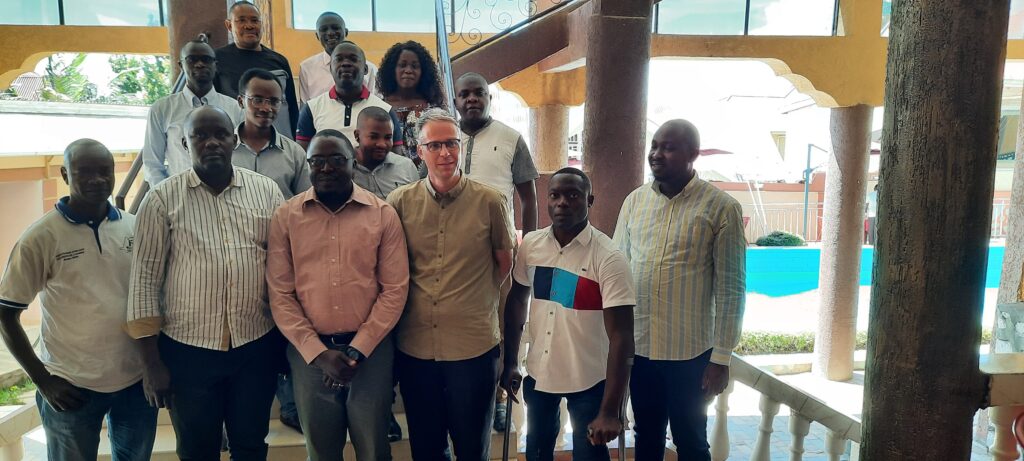
Kufatilia se transforme en réseau de la société civile, désormais doté d’une nouvelle plateforme de suivi des incidents miniers.
Première réunion annuelle du nouveau réseau Kufatilia En novembre 2023, les partenaires Kufatilia se sont rendus à Bunia et Bukavu, dans l’est de la République
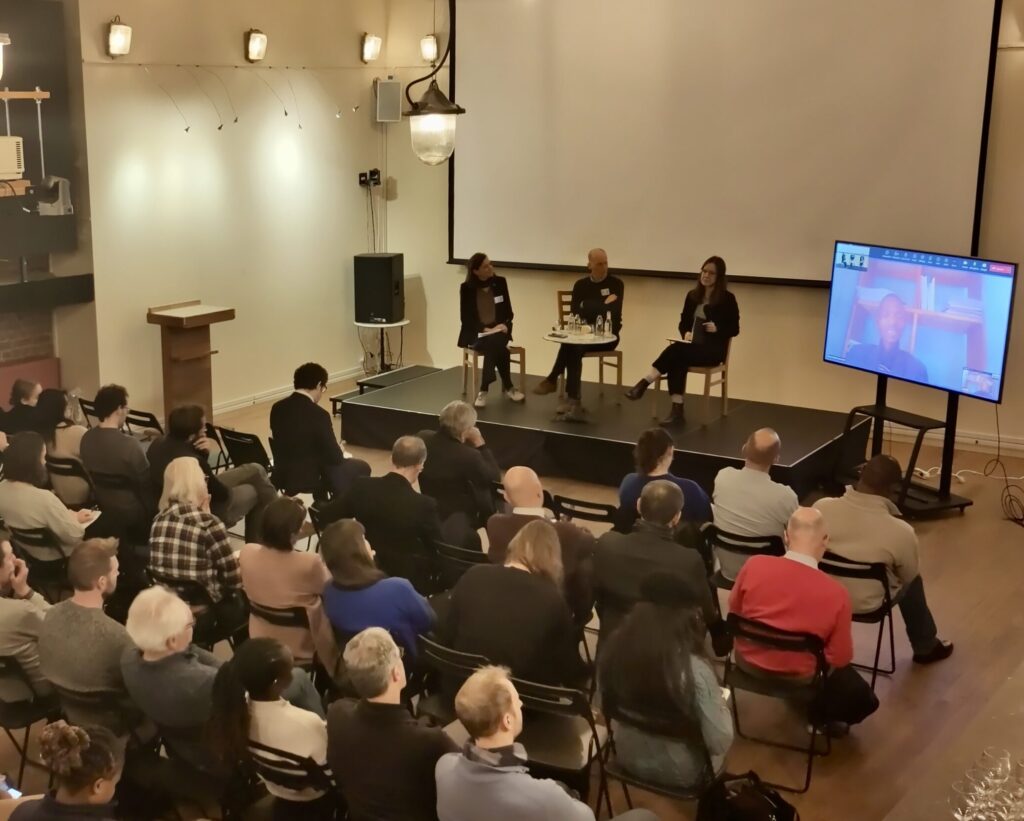
IPIS Event: Congolese cobalt, EU regulations, and direct investment
On the 30th of November, IPIS hosted its annual panel discussion, this time on current challenges facing the cobalt sector in the Democratic Republic of

Sharing the results of two years of research into eastern DR Congo’s artisanal mining sector
Since 2021 and in partnership with USAID and the Congolese Ministry of Mines (through its technical service SAEMAPE), IPIS has been undertaking a large-scale project to map
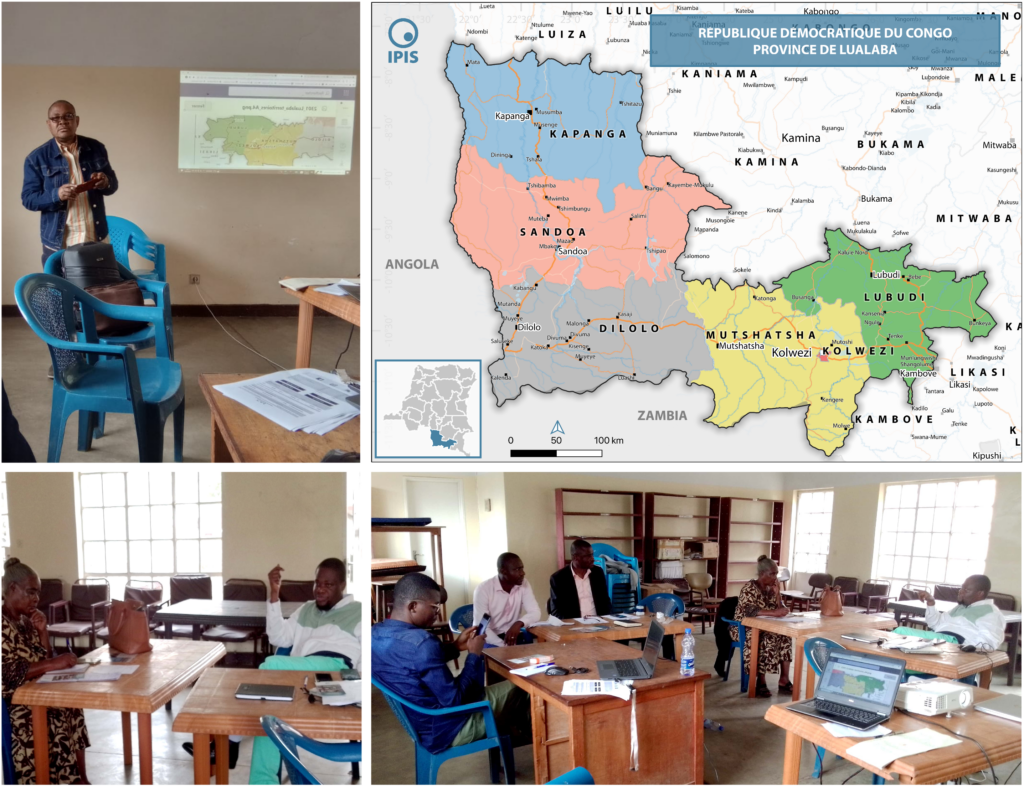
Kufatilia désormais actif dans la province du Lualaba, République Démocratique du Congo
Après une mise en œuvre réussie dans les provinces productrices de 3TG du Nord-Kivu, du Sud-Kivu, de l’Ituri, et du Haut-Uele, IPIS étend son système de signalement et de suivi des incidents Kufatilia à la province du Lualaba, riche en cobalt.

Kufatilia désormais actif dans la province du Lualaba, République Démocratique du Congo
Après une mise en œuvre réussie dans les provinces productrices de 3TG du Nord-Kivu, du Sud-Kivu, de l’Ituri, et du Haut-Uele, IPIS étend son système de signalement et de suivi des incidents Kufatilia à la province du Lualaba, riche en cobalt.
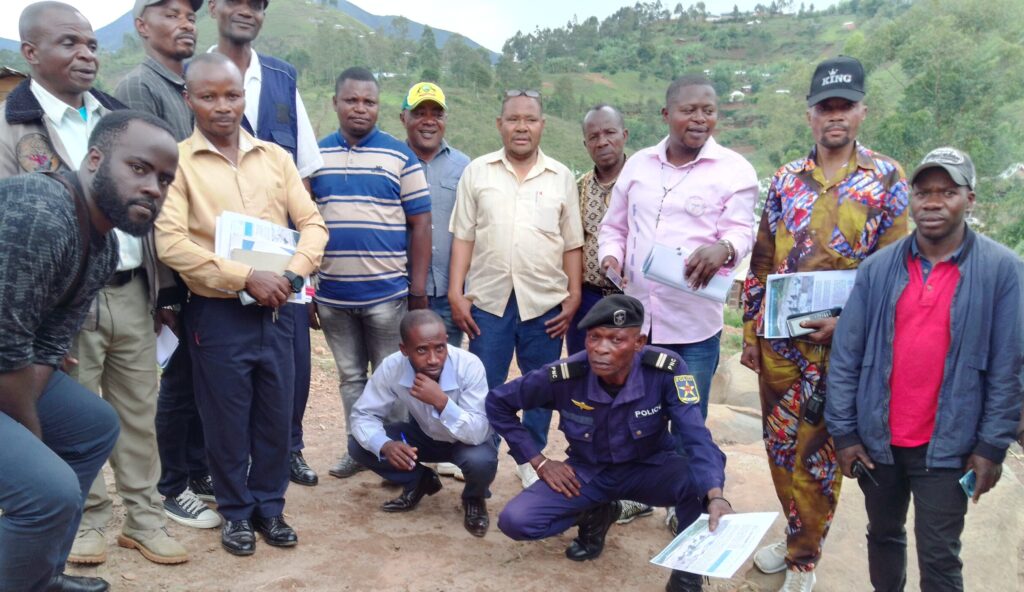
Feedback session: Sharing the results of the data collected in Walungu, South Kivu
Since 2021, IPIS undertakes another large-scale mapping effort of artisanal and small-scale mining (ASM) sites in the eastern Democratic Republic of Congo (DRC), – in partnership with USAID and
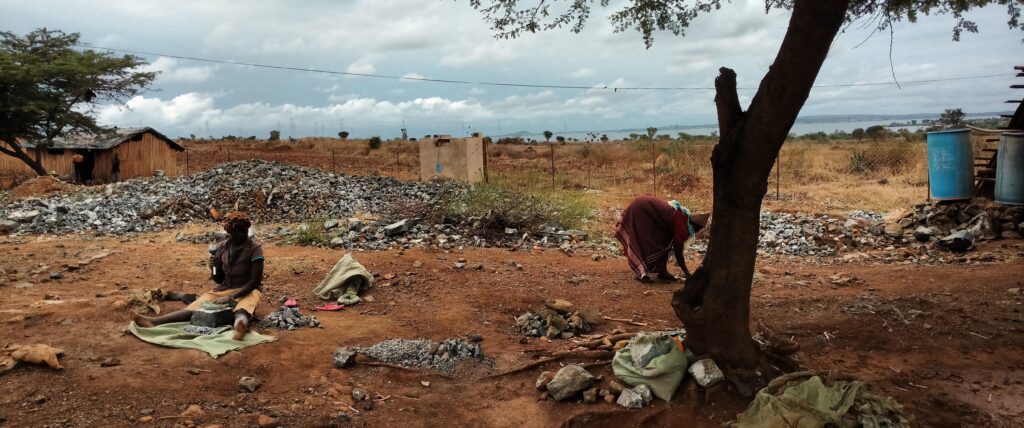
New 5-year project aiming to empower communities and civil society to foster justice and human rights in Tanzania’s natural resource sector
In 2022, IPIS launched new work on the human rights impact of the natural resource sector in Tanzania. Our new five-year project “Empowering Tanzanian communities

